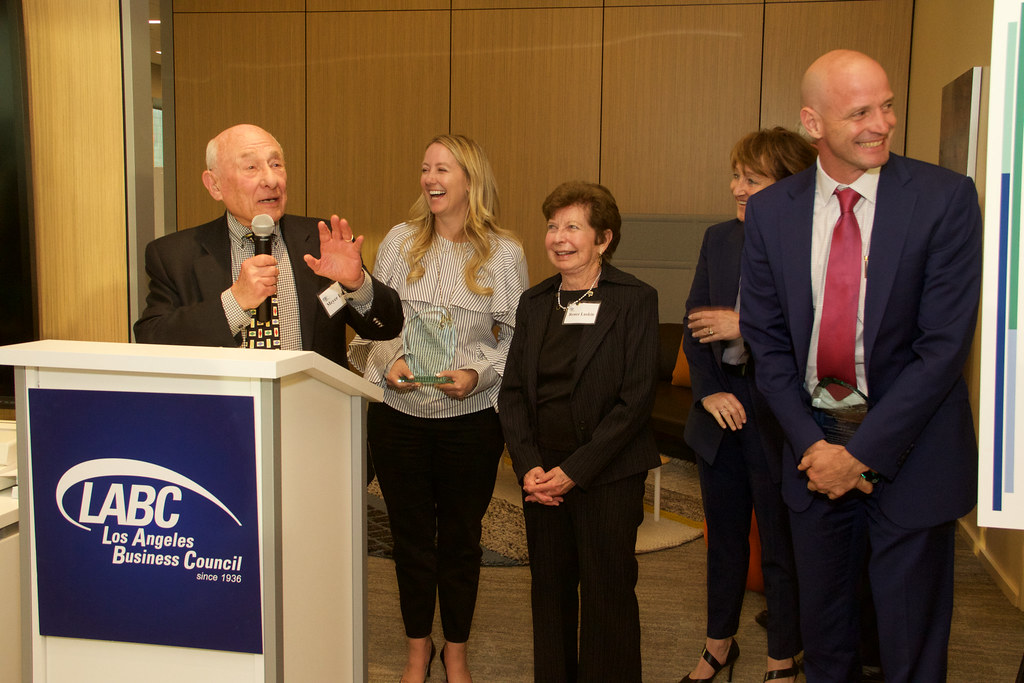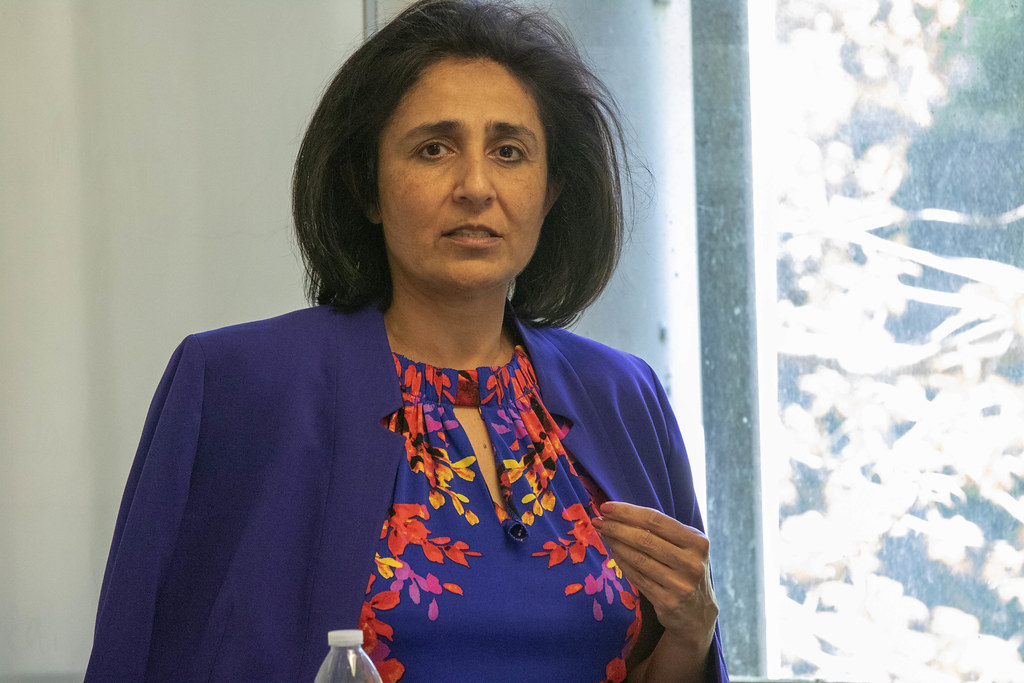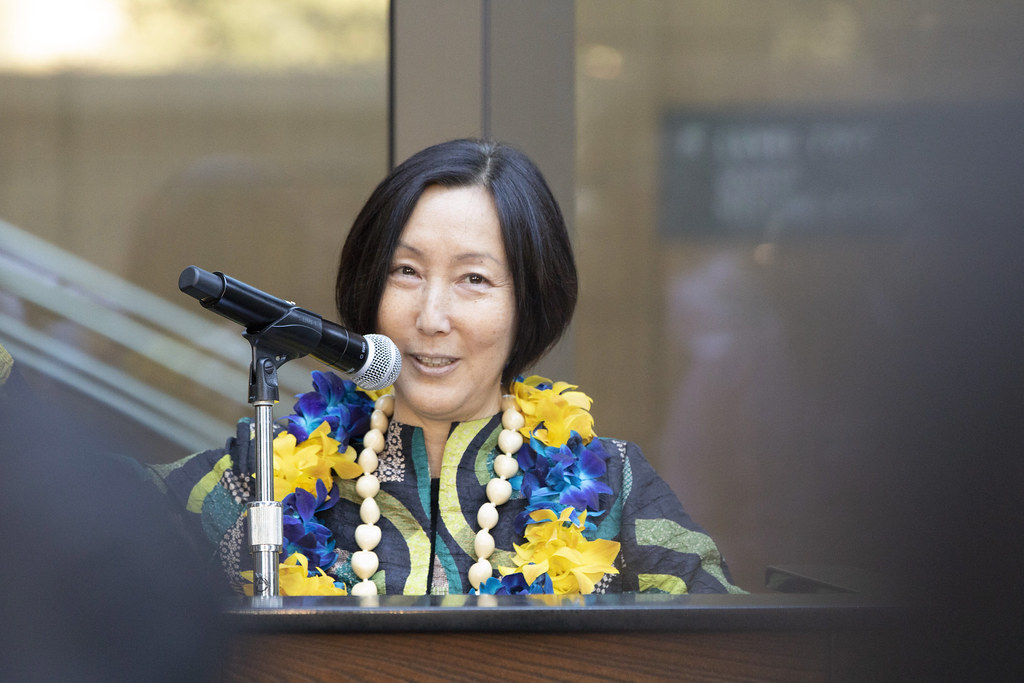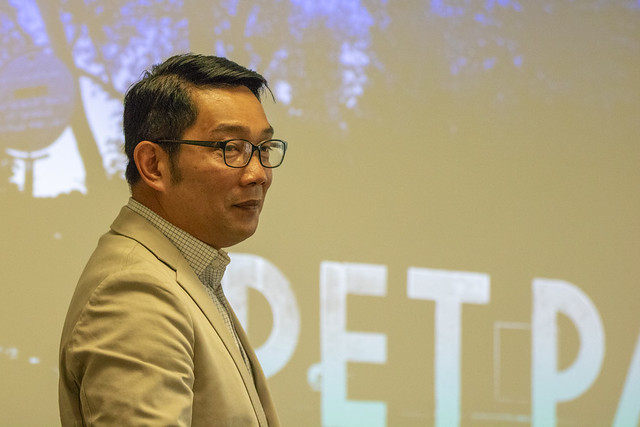Does a Minimum Age for Juvenile Court Jurisdiction Protect Children?
A new study co-authored by Laura Abrams, chair and professor of Social Welfare at the UCLA Luskin School of Public Affairs, examines the need for a minimum age for juvenile court jurisdiction. More than half of U.S. states lack a minimum age standard for prosecuting children, according to the study published in the journal Crime & Delinquency. Several states are considering setting a minimum age, but there is sparse research on whether doing so would protect children from “developmentally inappropriate proceedings beyond existing and competency statutes.” To fill this research gap, the UCLA team — including co-lead author Elizabeth Barnert, assistant professor of pediatrics in the David Geffen School of Medicine at UCLA, and graduate students from the Luskin School — used California as a case study. After reviewing existing state laws, juvenile crime data and opinions of diverse juvenile justice stakeholders, they found a low number of children below age 12 are actually subjected to prosecution in juvenile court. However, they also found that existing legal protections are inconsistently implemented across the state. They concluded that a minimum age law would address existing policy gaps. Currently, California legislators are considering a bill to establish a minimum age of 12 for juvenile court jurisdiction, the oldest minimum age threshold in the U.S. “One of the most interesting facets of this study was discovering the absence of data or discussion about juvenile minimum age laws and capacity and competency laws and proceedings. This study beings to unravel this ‘black box’ of law and policy,” said the researchers. — Stan Paul
UCLA Luskin Center for Innovation Wins Sustainable Impact Award
The UCLA Meyer and Renee Luskin Center for Innovation was awarded the Sustainable Impact Award by the Los Angeles Business Council on April 19, 2018, at the organization’s 12th annual Sustainability Summit. Attending a VIP and awards reception at the summit were Meyer and Renee Luskin and JR DeShazo, director of the Center for Innovation. “The award recognizes the impact that Meyer and Renee’s generous gift has had on Los Angeles through UCLA. I felt grateful to be able to receive it with them,” said DeShazo, who also serves as the chair of Public Policy at UCLA Luskin. The award cited the Center for Innovation for its “leadership in developing cutting-edge strategies to spur renewable energy and energy efficiency in California.” The award further recognized the Center for “supporting the creation and implementation of state and local policies, investments and plans to reduce greenhouse gas emissions.” This year’s summit featured regional leaders such as Oregon Gov. Kate Brown, Washington Gov. Jay Inslee and Los Angeles Mayor Eric Garcetti for a discussion on West Coast climate leadership. The two-day summit also included expert panels about clean energy and climate change, as well as water management, resources and security. — Stan Paul
View photos on Flickr:
Hector Palencia Elected to Key NASW Committee The Social Welfare field faculty member will help identify leaders for the California chapter of the social workers organization
Social Welfare field faculty member Hector Palencia MSW ’08 has been elected to a key committee of the National Association of Social Workers’ California chapter. Palencia will serve on the Committee on Nominations and Leadership Identification for Regions G, H and I, an area including Los Angeles, Ventura and Santa Barbara counties. In this role, Palencia will help identify leaders in the field of social welfare and select candidates for the chapter’s top positions. Palencia, a licensed clinical social worker who also holds an MA in systematic theology, specializes in working with gang members and other marginalized youth.
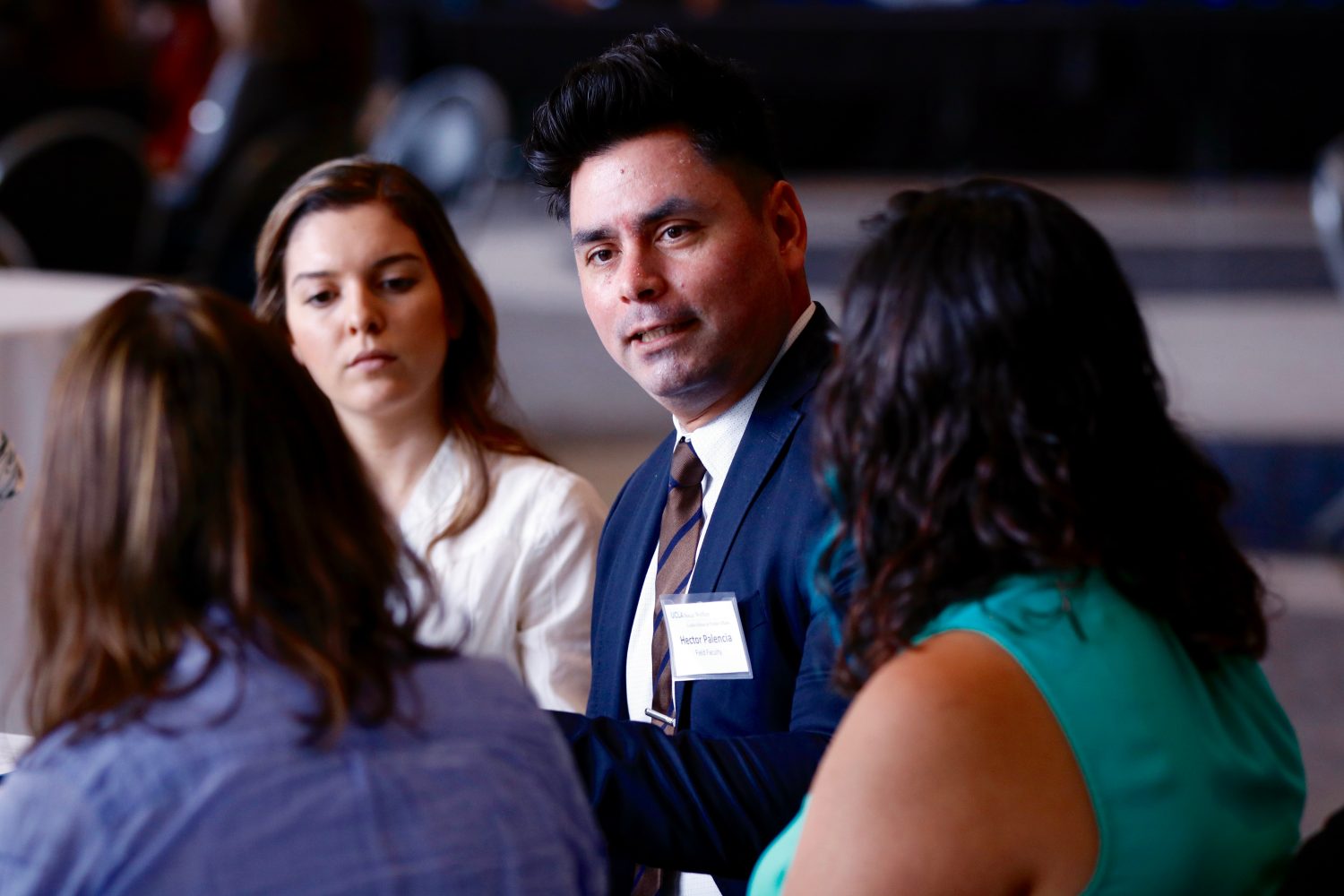
GPA Talk: Policy to Results
On May 3, 2018, Global Public Affairs at UCLA Luskin invited Seema Manghee from World Bank to discuss policy to results at the subnational level. “Today, local governments worldwide have at least a basic understanding of what is needed to deliver safe and reliable services to the population. Nevertheless, it is quite difficult to move from a policy statement to actual results.” She shared the use of Service Delivery Toolkit and Self-Rating System that should be accessible to all local governments.
View photos on Flickr:
Reception Officially Welcomes Karen Umemoto to UCLA Faculty
UCLA Luskin Urban Planning recently joined with the UCLA Asian Studies Center and other campus partners to officially welcome new faculty member Karen Umemoto. A reception in her honor was held April 25, 2018, at the Meyer and Renee Luskin Conference Center. In addition to joining the UCLA Luskin Urban Planning faculty, Umemoto will lead the Asian American Studies Center as the inaugural holder of the Helen and Morgan Chu Endowed Director’s Chair. Other partners for the reception were the Asian American Studies Department at UCLA and the UCLA Institute of American Cultures.
Click or swipe below to browse photos from the reception.
Read more about Umemoto and her new role at UCLA:
Transforming New Urban Culture
On April 30, 2018, GPA hosted a lecture by Mayor Ridwan Kamil from Bandung, Indonesia. Bandung is Indonesia’s third largest city. As an architect turned mayor, Kamil increased efforts to build a smart city technology to improve government service. Fortune recently included him in its list of the World’s 50 Greatest Leaders, citing his efforts to use software applications to improve efficiency and sidestep bureaucracy.
Click or swipe below to view a Flickr album of the talk.
